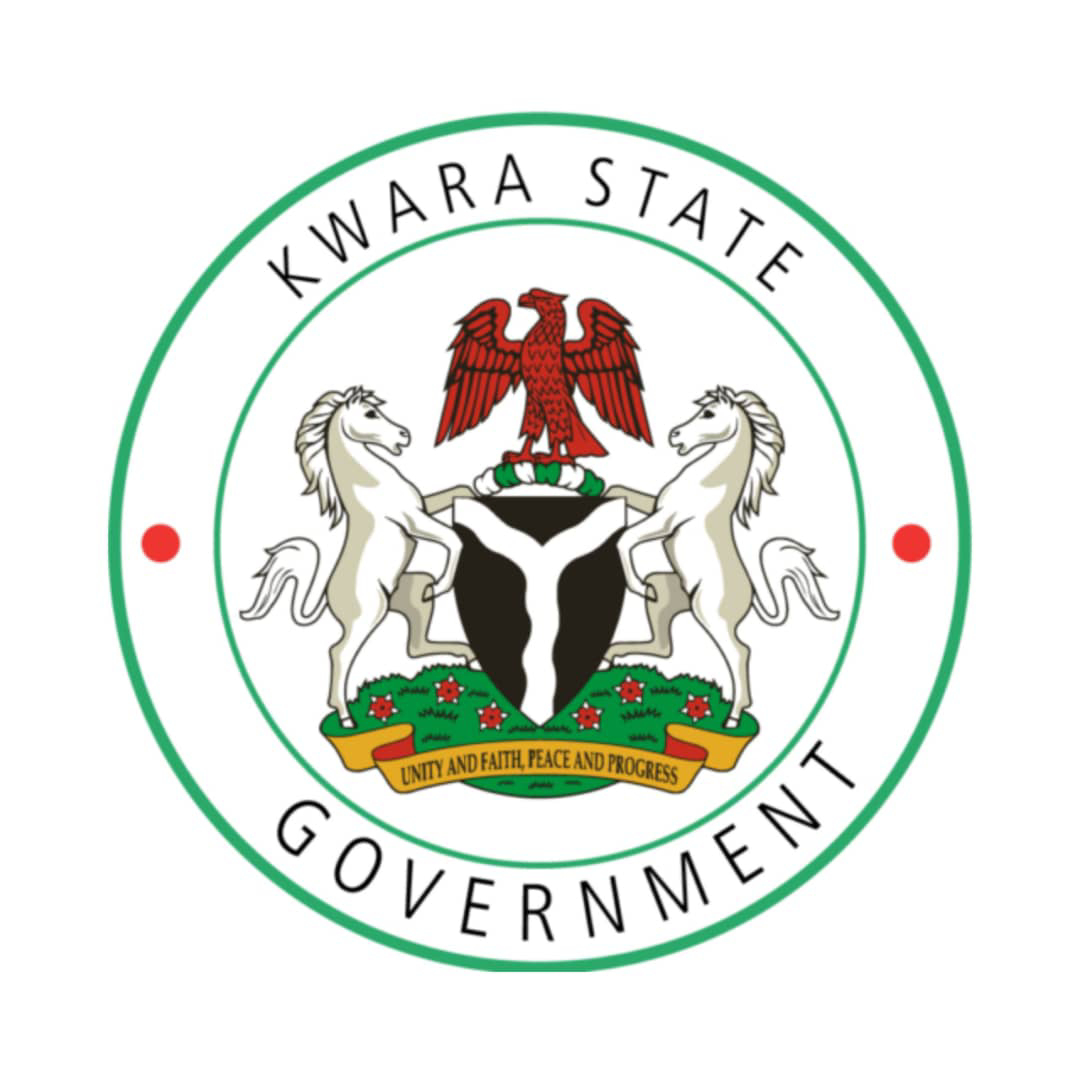Healthcare Professionals in Kwara Trained on ADRs to Ensure Patients' Safety
Mr Wahab Tejidini CFA HMB,
Director Pharmacy HMB, Pharmacist Mustapha Jimoh,
Chairman Medical Advisory Committee, KWASUTH, Dr Ogunlaja Pauline Idowu,
Pharmacist Elegbede Busayo UITH, Executive Secretary HMB, Dr. Abduraheem Malik, Kwara State Coordinator, NAFDAC, Pharmacist Ndabo Nathan, Deputy Chairman Medical Advisory Committee KWASUTH, Dr Obalowu Ismail,
HOD Laboratory KWASUTH, Dr. Sanni Musa, HOD General Surgery, KWASUTH, Dr Ajiboye Anthony.
Dr, Sunday Owolabi Dayo UITH and HOD Records, HMB, Alhaji Oba Abdulkadir.
Healthcare professionals in Kwara State, including doctors, nurses, and pharmacists, have received specialized training to improve the monitoring and reporting of adverse drug reactions (ADRs) which are the harmful unintended side effects of some drugs.
The initiative, organized by the University of Ilorin Teaching Hospital (UITH) in collaboration with the National Agency for Food and Drug Administration and Control (NAFDAC), was aimed at enhancing patients' safety and ensuring the efficacy of medications.
The one-day training, held at the Kwara State University Teaching Hospital (KWASUTH) Seminar Room in Ilorin recently focused on equipping healthcare workers with the necessary skills to effectively contribute to Pharmacovigilance, which is the practice of monitoring the effects of medical drugs after they have been licensed for use.
The NAFDAC's State
Co-ordinator, Pharmacist Ndabo Nathan reiterated the Agency's commitment to ensuring that all medical products are safe and of high quality for public use, noting that while no drug is entirely without side effects, the need to document and analyze the effects is crucial.
"By reporting adverse drug reactions, healthcare professionals are not only protecting their patients but also contributing to the overall safety of the drugs in circulation," he added.
In his address, Dr. Abdulraheem Malik, the Executive Secretary of the Hospital Management Bureau and also the Chairman of the occasion, highlighted the importance of extending pharmacovigilance efforts to the unorganized healthcare sector, where many adverse drug reactions often go unreported.
He urged doctors to include their names and contact information on prescriptions to facilitate follow-up by pharmacists, particularly in cases of adverse reactions(ADRs).
Dr. Malik also advocated for the adoption of electronic reporting systems to make the process more efficient and less discouraging for healthcare workers and concluded by emphasizing that Pharmacovigilance is a critical public health approach to providing safe and effective healthcare in Nigeria.
The training was part of ongoing efforts to enhance the quality of healthcare services in Kwara State, with a focus on patients' safety and improved health outcomes.
Speaking earlier, the Chief Medical Director of the Hospital, Dr Ahmed Bola Abdulkadir who was represented by the Deputy Chairman, Medical Advisory Committee, Dr.Obalowu Ismail described the training as long overdue and emphasized the need for NAFDAC to establish the necessary structure for proper mornitoring and tracking of ADRs.
He called for more effective regulatory activities to ensure that ADRs are reported and addressed appropriately in hospitals across the State.
Speaking at the event, Pharmacist Elegbede Busayo, a key facilitator from UITH emphasized the importance of the training in bridging the gap in ADR reporting,which has been a significant challenge in the healthcare sector.
She highlighted that many healthcare practitioners in Kwara State lack the expertise needed to report ADRs accurately, leading to under-reporting and potential risks to patients.
"By enhancing education on Pharmacovigilance, our healthcare professionals are now better equipped to monitor medication safety, thereby reducing the incidence of adverse drug reactions".
Pharmacist Busayo further noted that the initiative is expected to foster a robust culture of Pharmacovigilance in Kwara State, ultimately ensuring safer medication use and improved health outcomes for the community.
The training also underscored the importance of continuous professional development for healthcare workers.
She stressed that up-to-date knowledge and skills in Pharmacovigilance are essential for safeguarding patients health.
Fatima Baraje Ahmed
Press Secretary
KWASUTH
08132074865





Comments
Post a Comment